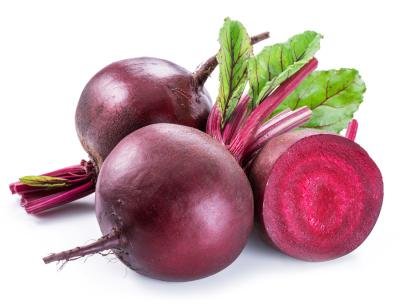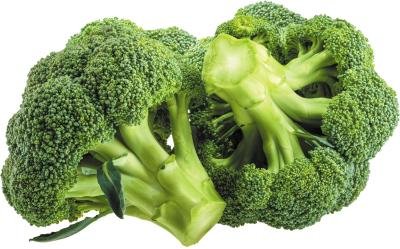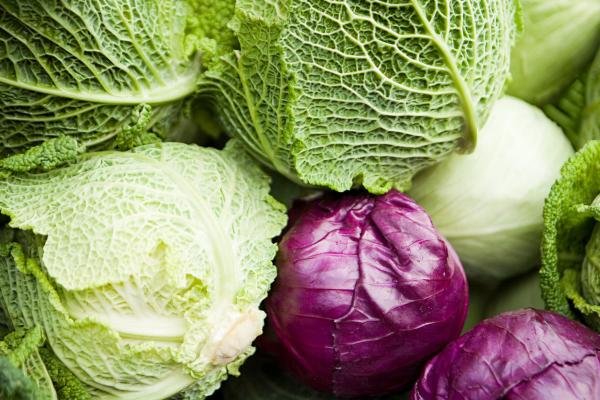Carrots are a popular and versatile root vegetable, known for their vibrant orange color, though they can also come in purple, red, yellow, and white varieties. They have a crisp texture and a sweet flavor, making them enjoyable both raw and cooked. Carrots are packed with nutrients, particularly beta-carotene, which the body converts into vitamin A. This nutrient is essential for maintaining healthy vision, immune function, and skin health. Carrots also provide vitamins K and C, potassium, and dietary fiber.
Carrots can be used in a wide range of culinary applications. They are often eaten raw as a crunchy snack or added to salads for a refreshing bite. When cooked, carrots become tender and develop a sweeter flavor, making them ideal for roasting, steaming, boiling, or sautéing. They are commonly used in soups, stews, stir-fries, and casseroles. Carrots can also be juiced or pureed into sauces and dressings. Their natural sweetness and vibrant color make them a favorite in both savory and sweet dishes, including carrot cake and desserts.
Nutritional Benefits:
- Beta-Carotene: Rich in beta-carotene, which is converted into vitamin A, supporting eye health and immune function.
- Fiber: Provides dietary fiber, aiding in digestion and promoting a feeling of fullness.
- Vitamins and Minerals: Contains vitamins K and C, as well as potassium, contributing to overall health and wellness.
Carrots are a nutritious and delicious vegetable that can enhance a wide variety of dishes. Whether you enjoy them raw, cooked, or as part of a recipe, carrots are a valuable addition to a balanced diet, offering both flavor and health benefits.











.jpg)




.jpg)





